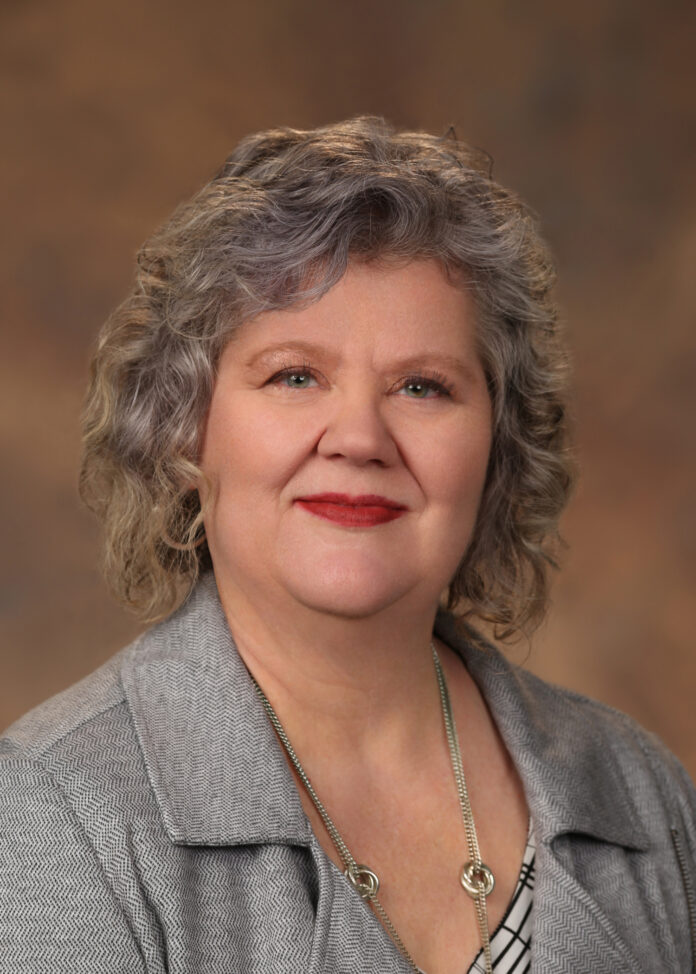
By Carol A. Cates, MSN, MBA, RN
Chief Nursing Officer
Odessa Regional Medical Center
I don’t have much of a presence when it comes to social media. For me, the risks of social media outweigh the benefits.
I know more than one person who has lost a job. I know a person who was stalked with the help of social media to the point she had to relocate to another city. I know a person whose child was bullied online to the point of suicidal ideation and spent time in a behavioral health facility.
Social media is forever, not just those embarrassing photos from high school sticking around for a lifetime, but I have learned it’s hard for families to take down a social media page even after someone has died.
I do understand why some people like it so much. It’s nice to be able to keep in touch with people who are far away, and how it makes it easier to let multiple people know things quickly.
Social media, like so many things is very much a decision we all need to make for ourselves and for our families, and each of us need to weigh the risks and benefits individually. As you are making those decisions for the kids in your life, I hope you consider the recommendations of the Surgeon General, some recent research published in JAMA (Journal of the American Medical Association) Pediatrics, and other pediatric psychiatry researchers.
The research on social media not being good for children is growing. Studies of chemicals in the brain in teenagers show they receive an increase in dopamine when social media is use that is very similar to the increase of dopamine seen with cocaine use.
Because our brains are set up to like dopamine (it stimulates the reward centers of our brains) activities and drugs that cause dopamine release become quickly addictive, especially in the brains of teens, because the parts of their brain that respond to dopamine are more hyperactive. Basically, social media is addictive for kids, and the way our brains are set up in the teen years, that addiction is extremely hard to overcome, to the point that it can take the place of any other motivation.
The JAMA Pediatrics study found that the younger a child is, the bigger social media impacts their developing brains. They found that 12-year-olds who frequented social media had less ability to anticipate rewards (in other words, they have less ability to plan for and work towards future rewards) than teens who were exposed to social media at later ages. Those same teens had less ability to determine social feedback in the “real world.” Other studies are showing that children with excessive screen time, including social media, have poorer literacy skills and do not use language as expressively.
Mental health experts are also finding that teens who spend a great deal of time on social media report increased feelings of loneliness. Unfortunately, teens and older children do not have the experience to know that there is a difference between screen interaction and face-to-face interaction in terms of value and satisfaction. They return to screens because they are addictive and with the hope of decreasing loneliness, but in many ways, just like addictive drugs, the answers they are looking for are not something their addiction can fill.
With all of that information, it is easy to understand why the Surgeon General stated in a recent interview, “ I, personally, based on the data I’ve seen, believe that 13 is too early….It’s a time where it’s really important for us to be thoughtful about what’s going into how they (young teens and pre-teens) think about their own self-worth and their relationships and the skewed and often distorted environment of social media often does a disservice to many of those children.”
For me and mine, I cannot say I don’t feel the same way. I hope this helps you make a more informed decision about how you decide to handle social media in your family.



